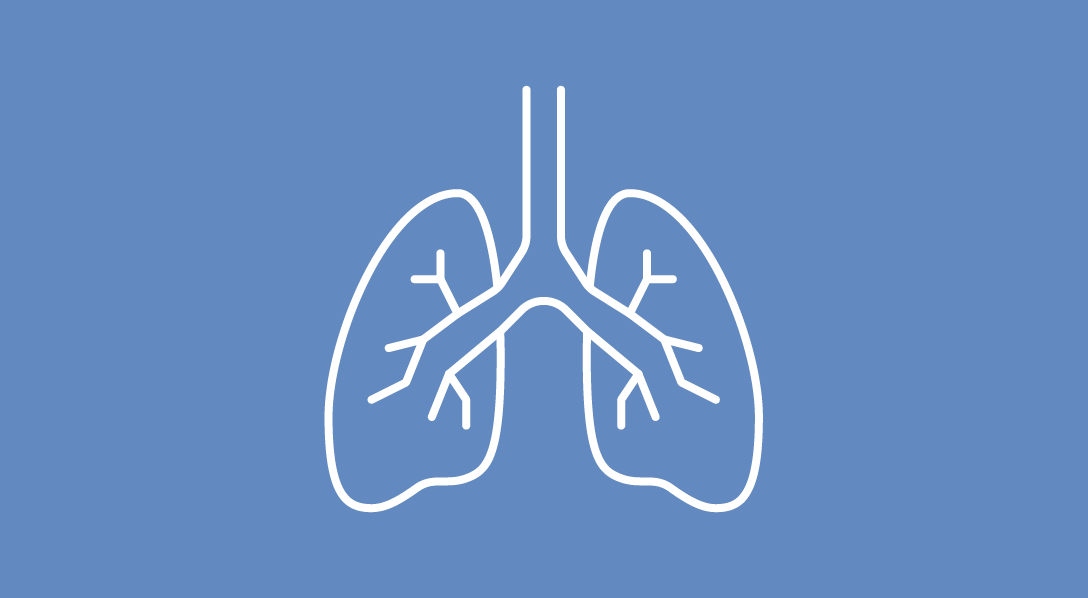Ivonescimab Plus Chemo Advances PFS in NSCLC Previously Treated With EGFR TKIs
Based on in vitro studies, this tetravalent bispecific antibody may show binding affinity to PD1 and VEGF.
Ivonescimab Plus Chemo Advances PFS in NSCLC Previously Treated With EGFR TKIs

Ivonescimab and chemotherapy prolonged progression-free survival (PFS) compared with chemotherapy alone in patients with non-small cell lung cancer (NSCLC) whose disease progressed while receiving EGFR tyrosine kinase inhibitors (EGFR-TKIs), according to findings from the phase 3 HARMONi-A study (NCT05184712) published in JAMA.1
Median PFS was 7.1 months (95% CI, 5.9-8.7) in the ivonescimab group vs 4.8 months (95% CI, 4.2-5.6) for placebo (difference, 2.3 months; HR, 0.46; 95% CI, 0.34-0.62; P <.001), and median follow-up time was 7.89 months. The subgroup analysis showed a PFS benefit favoring ivonescimab over placebo across most subgroups. These subgroups included patients with disease progression while receiving third-generation EGFR-TKI therapy (HR, 0.48; 95% CI, 0.35-0.66) and those with brain metastases (HR, 0.40; 95% CI, 0.22-0.73).
“For patients with [NSCLC] whose disease progressed while receiving EGFR-TKI therapy, particularly third-generation TKIs, optimal treatment options remain limited,” wrote the authors in the study.1 “Ivonescimab plus chemotherapy significantly improved [PFS] with a tolerable safety profile in patients with [NSCLC] who previously underwent EGFR-TKI treatment and may offer a new treatment option for patients with TKI resistance.”
Investigators designed ivonescimab as a first-in-class humanized tetravalent bispecific antibody. The agent has demonstrated binding affinity to PD1 and VEGF in previous in vitro studies.
Eligible patients (n = 322) across 55 sites in China were enrolled from January 2022 to November 2022 in the double-blind, placebo-controlled randomized phase 3 trial. Randomization occurred on a 1:1 ratio, with 1 cohort receiving ivonescimab at 20 mg/kg (n = 161) and another receiving placebo (n = 161). Patients in both arms received pemetrexed and carboplatin once every 3 weeks for 4 cycles, and maintenance therapy of ivonescimab plus pemetrexed in the first arm and placebo plus pemetrexed in the second followed. Among the ivonescimab and placebo groups, respectively, the median age was 59.6 vs 59.4 years, and 52.2% vs 50.9% were female.
The primary end point was PFS in the intention-to-treat population as assessed by an independent radiographic review committee (IRRC) per RECIST criteria. Secondary end points included overall survival (OS), objective response rate (ORR), disease control rate (DCR), duration of response (DOR), time to response (TTR), and adverse effects (AEs).
Furthermore, the ORR in the ivonescimab arm was 50.6% (95% CI, 42.6%-58.6%) vs 35.4% (95% CI, 28.0%-43.3%) in the placebo arm (difference, 15.6%; 95% CI, 5.3%-26.0%; P = .006). Although median OS data was not mature at the time of the analysis, 21.4% of patients had died at data cutoff, including 19.9% in the ivonescimab arm and 23.0% in the placebo arm.
Grade 3 or higher treatment-emergent AEs (TEAEs) occurred in 61.5% of patients in the ivonescimab arm vs 49.1% of those in the placebo arm. Grade 3 or higher immune-related AEs occurred in 6.2% of the ivonescimab arm vs 2.5% in the placebo arm. Additionally, grade 3 or higher VEGF-related AEs occurred in 3.1% of the ivonescimab arm vs 2.5% in placebo.
Eligible patients were adults who could voluntarily sign a written informed consent form with an ECOG performance status of 0 or 1 and a life expectancy of at least 3 months.2 Additional criteria included histologically or cytologically confirmed locally advanced or metastatic non-squamous NSCLC, a confirmed presence of EGFR mutations, having previously received third-generation EGFR-TKI treatment, and having at least 1 measurable non-brain tumor lesion per RECIST guidelines.
References
- Fang W, Zhao Y, Luo Y, et al. Ivonescimab plus chemotherapy in non–small cell lung cancer with EGFR variant: a randomized clinical trial. JAMA. Published online May 31, 2024. doi:10.1001/jama.2024.10613
- Phase 3 clinical study of AK112 for NSCLC patients. ClinicalTrials.gov. Updated April 12, 2024. Accessed June 27, 2024. https://clinicaltrials.gov/study/NCT05184712



